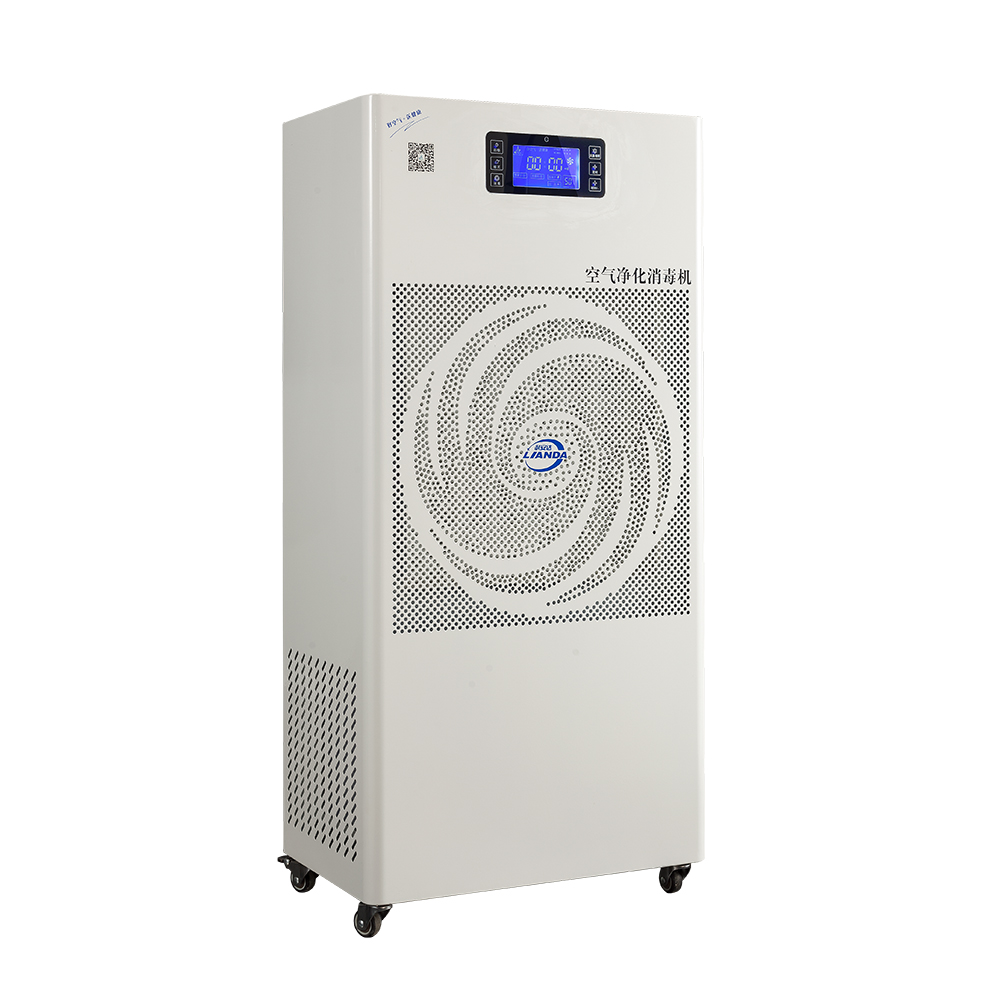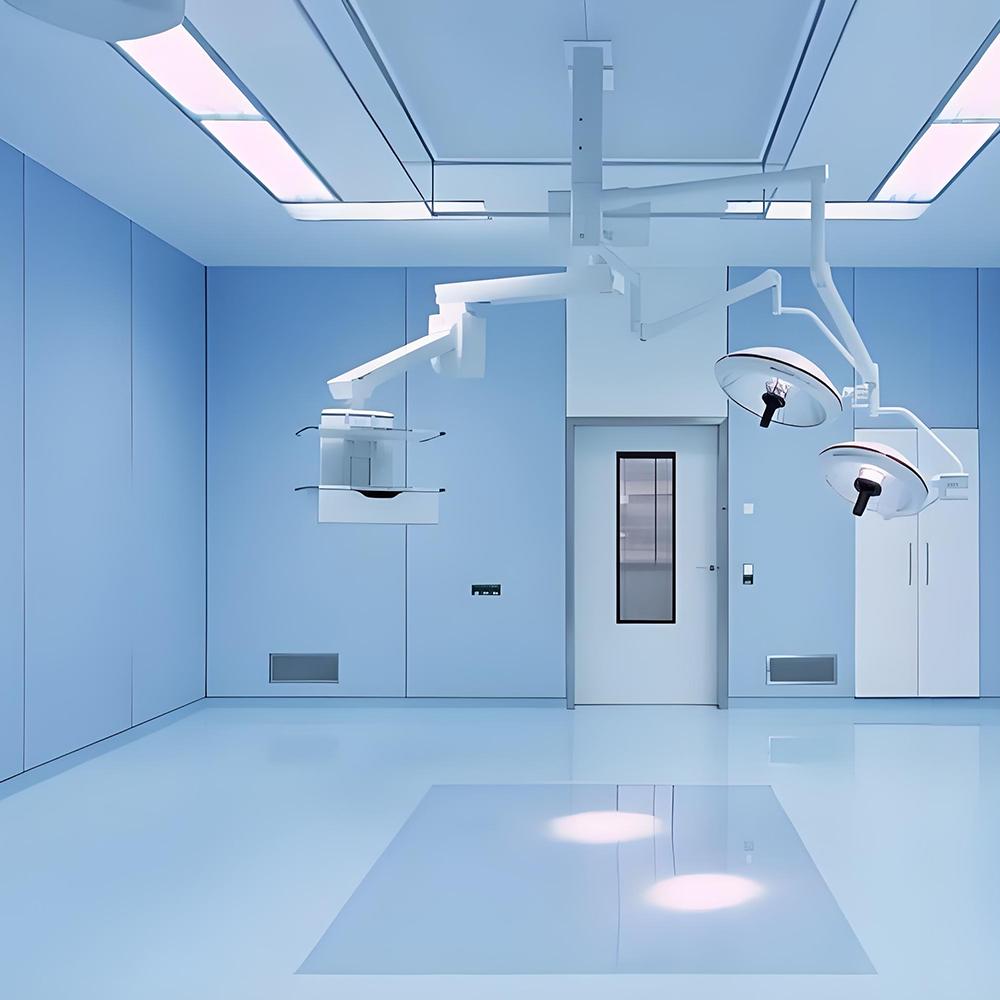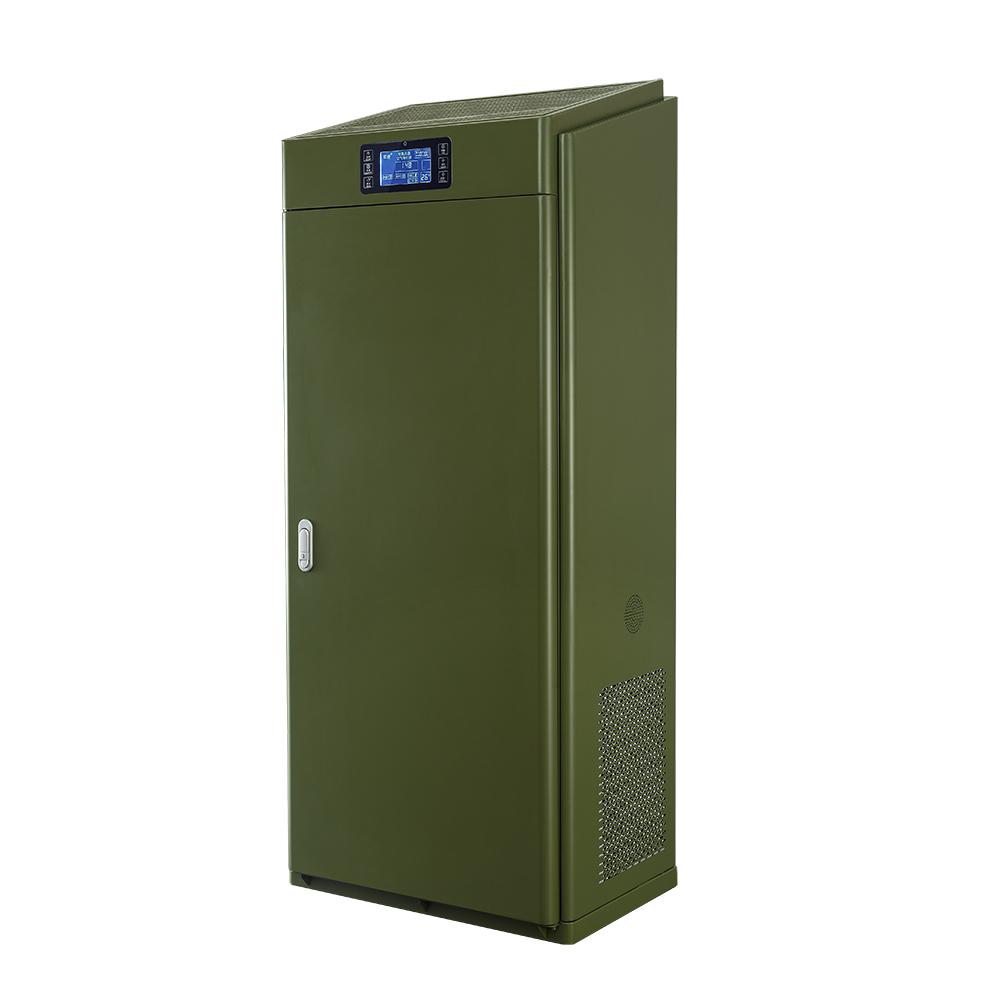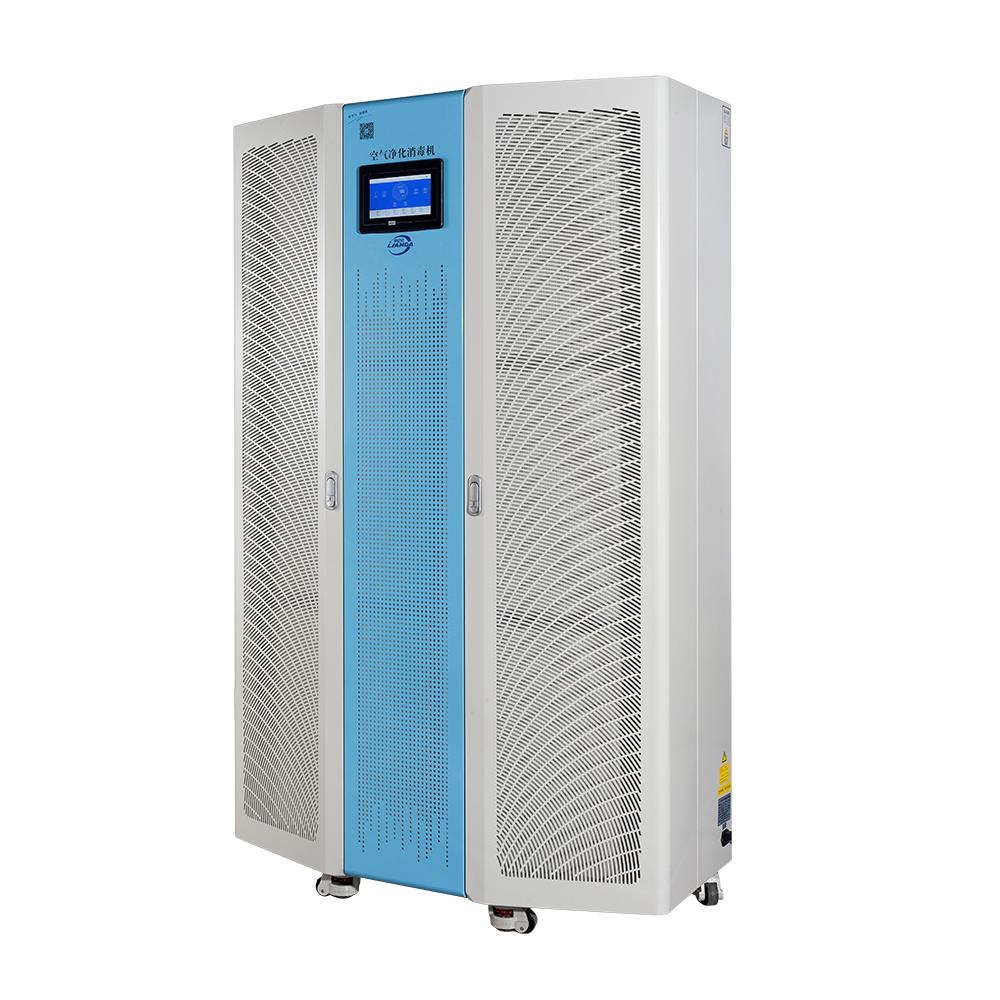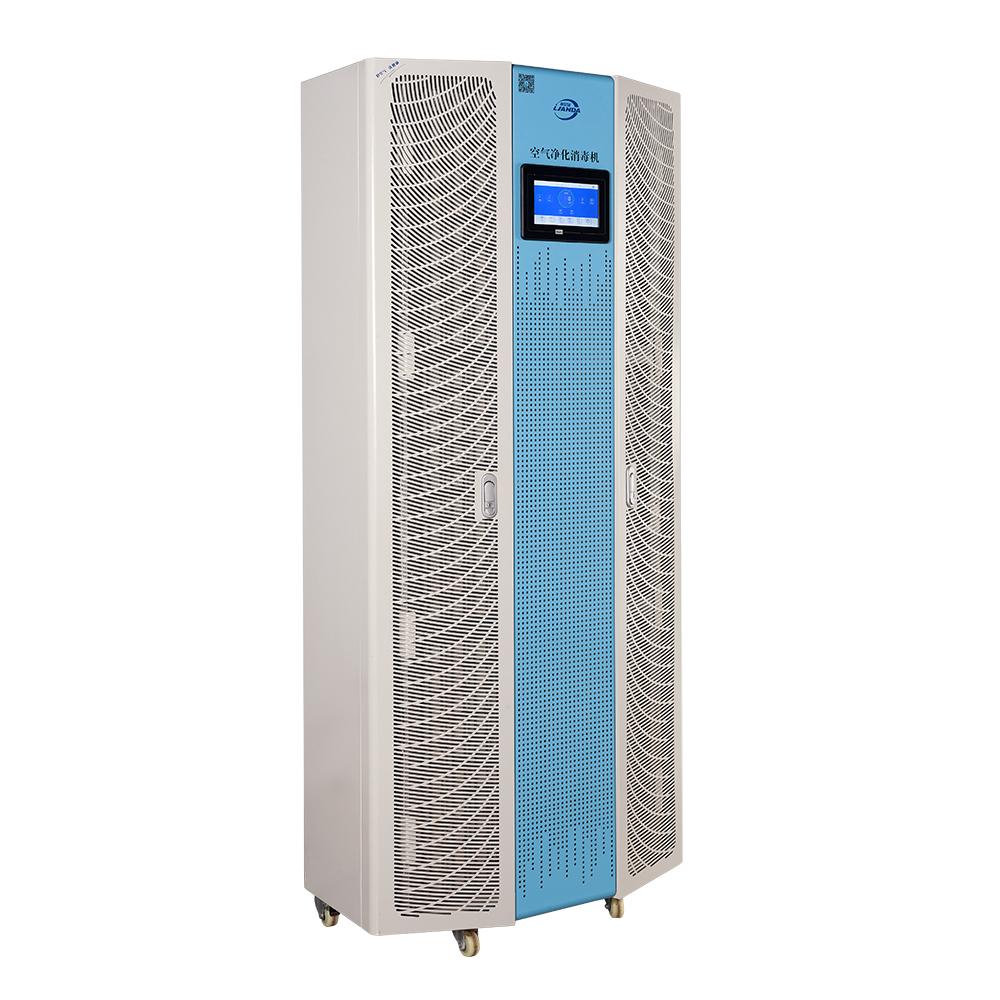Do air purifiers really make a difference?
Air purifiers have become increasingly popular in recent years as more people seek to improve their indoor air quality. With concerns about pollution, allergens, and respiratory diseases growing, many consumers are asking: Do air purifiers really work? Today we will analyze this question together.
Understanding air purifiers
An air purifier is a device designed to remove pollutants from a room's air using various filtering technologies. The most common types include:
HEPA filter: High-efficiency particulate air (HEPA) filters can capture 99.97% of particles 0.3 microns in size, including dust, pollen, smoke, and pet dander.
Activated carbon filters: These filters are effective in removing odors and volatile organic compounds (VOCs) due to their large surface area.
UV purifiers: By using ultraviolet light, these purifiers can kill bacteria and viruses that pass through the system.
Ion purifiers: These devices emit charged ions that attach to particles, making them heavy enough to fall out of the air. However, they produce ozone, which can be harmful in high concentrations.
Benefits of Air Purifiers
Reducing Allergens: For allergy sufferers, air purifiers can create a more comfortable living environment. HEPA filters are particularly effective at capturing common allergens like pollen, mold spores, and dust mites, which can reduce allergy attacks and improve overall health.
Deodorizing: Activated carbon filters can help neutralize unpleasant odors from cooking, pets, and smoke, improving the overall ambiance of a space.
Enhancing Respiratory Health: By removing particulate matter and pollutants from the air, air purifiers can relieve symptoms of asthma and other respiratory conditions, helping to improve lung health.
Overall Improved Air Quality: Even in areas with relatively clean air, indoor air can still be up to five times more polluted than outdoor air. Air purifiers can help reduce indoor pollution sources like pet hair, dust, and volatile organic compounds from household products.
Limitations of Air Purifiers
While air purifiers offer significant benefits, it’s important to recognize their limitations:
Area Coverage: Most air purifiers are designed for a specific room size. Using them in a larger space may result in reduced effectiveness. It’s critical to select a purifier with a clean air delivery rate (CADR) that’s appropriate for your target area.
Filter maintenance: Air purifiers require regular maintenance, including filter replacement and cleaning, to maintain their efficiency. Ignoring this aspect can result in decreased performance or even release of captured pollutants back into the air.
Not a complete solution: Air purifiers cannot eliminate all pollutants. They work best when used in conjunction with other methods to improve indoor air quality, such as proper ventilation and regular cleaning.
Potential ozone production: Some types of air purifiers, especially ionic types, produce ozone as a byproduct. Ozone can be harmful to health, especially in high concentrations, so if this is a concern, it is recommended to choose an ozone-free option.
Do air purifiers really work? The answer is yes, especially for those who are sensitive to allergens or live in polluted environments. They can significantly improve indoor air quality, relieve allergy and asthma symptoms, and create a healthier living space. However, potential users should be aware of limitations, maintenance requirements, and the specific type of air purifier that best suits their needs.
While air purifiers are not a one-size-fits-all solution, they can be an effective tool in the pursuit of cleaner indoor air. Coupled with good ventilation habits and regular cleaning, air purifiers can significantly improve your indoor environment.
In addition, we should also pay special attention to the fact that the quality and performance of air purifiers on the market vary. Some air purifiers only have the function of purifying the air, while some also have a sterilization function, such as medical air purifiers. When choosing, we must choose a suitable air purifier based on our own needs.
